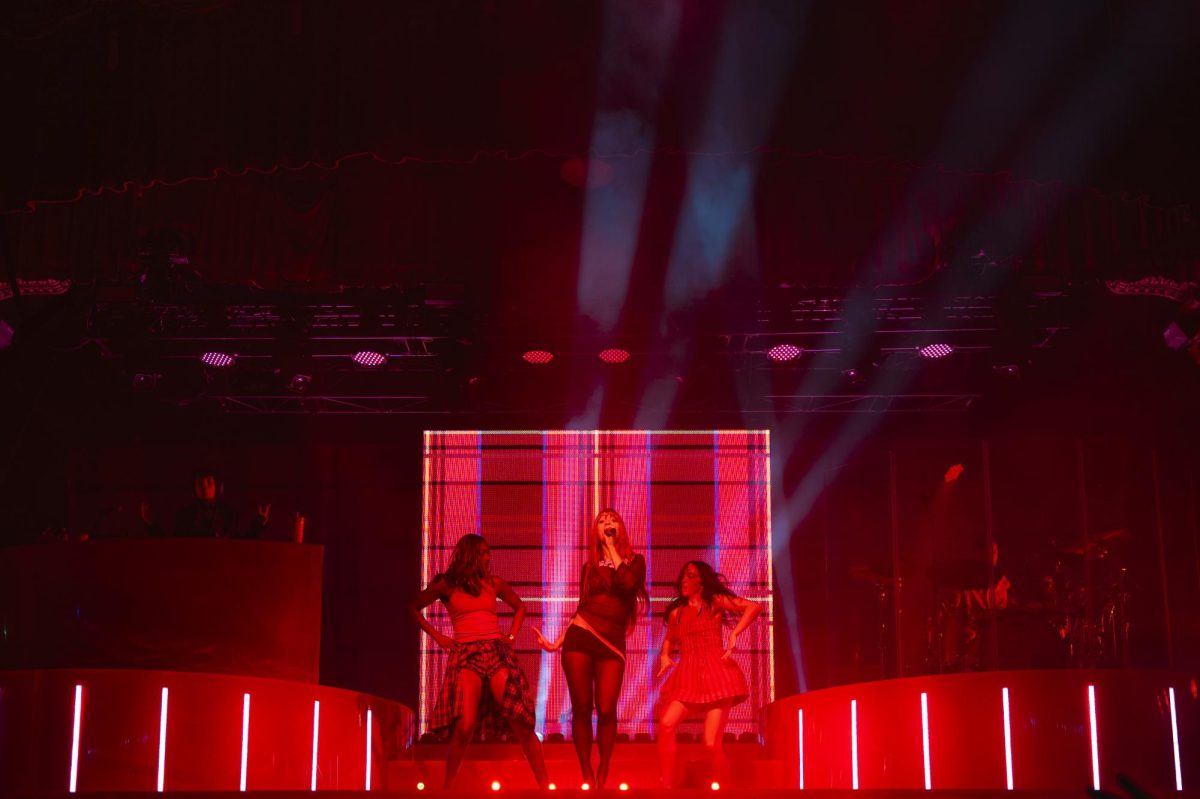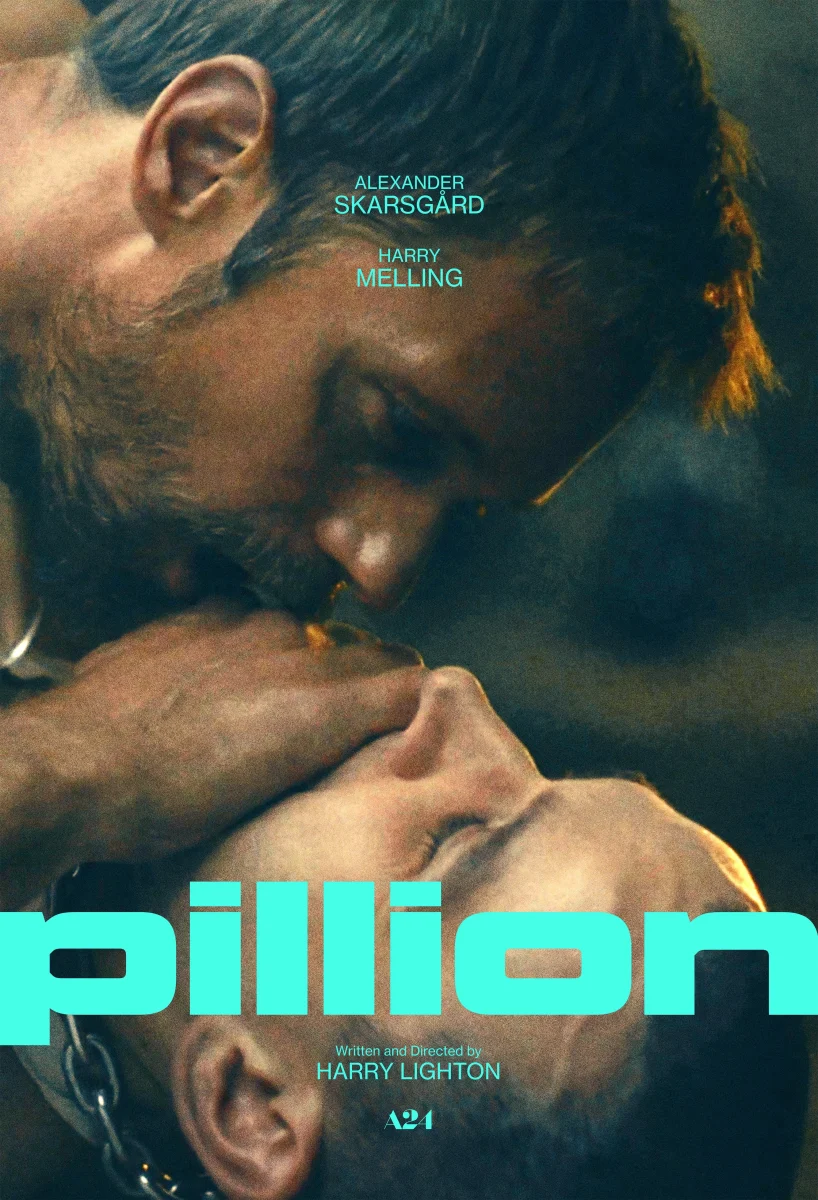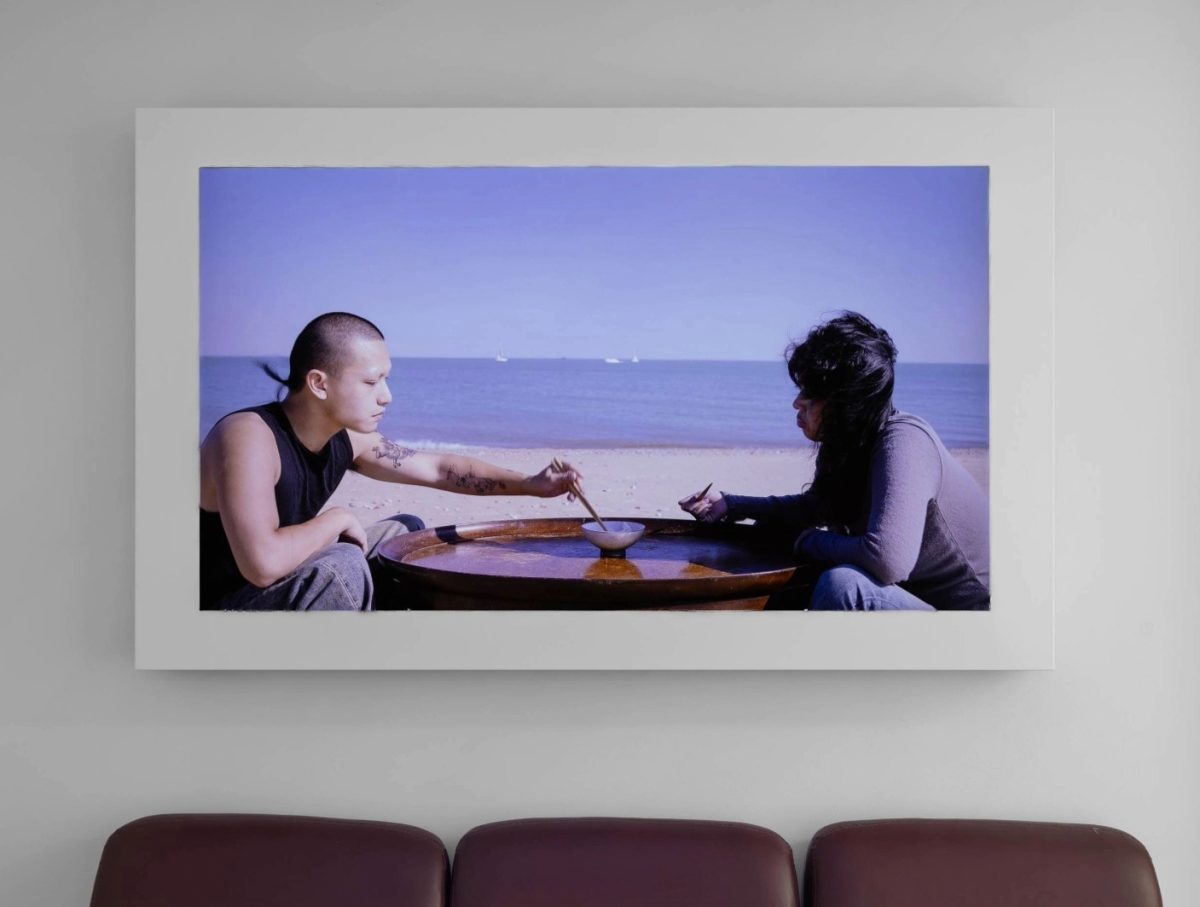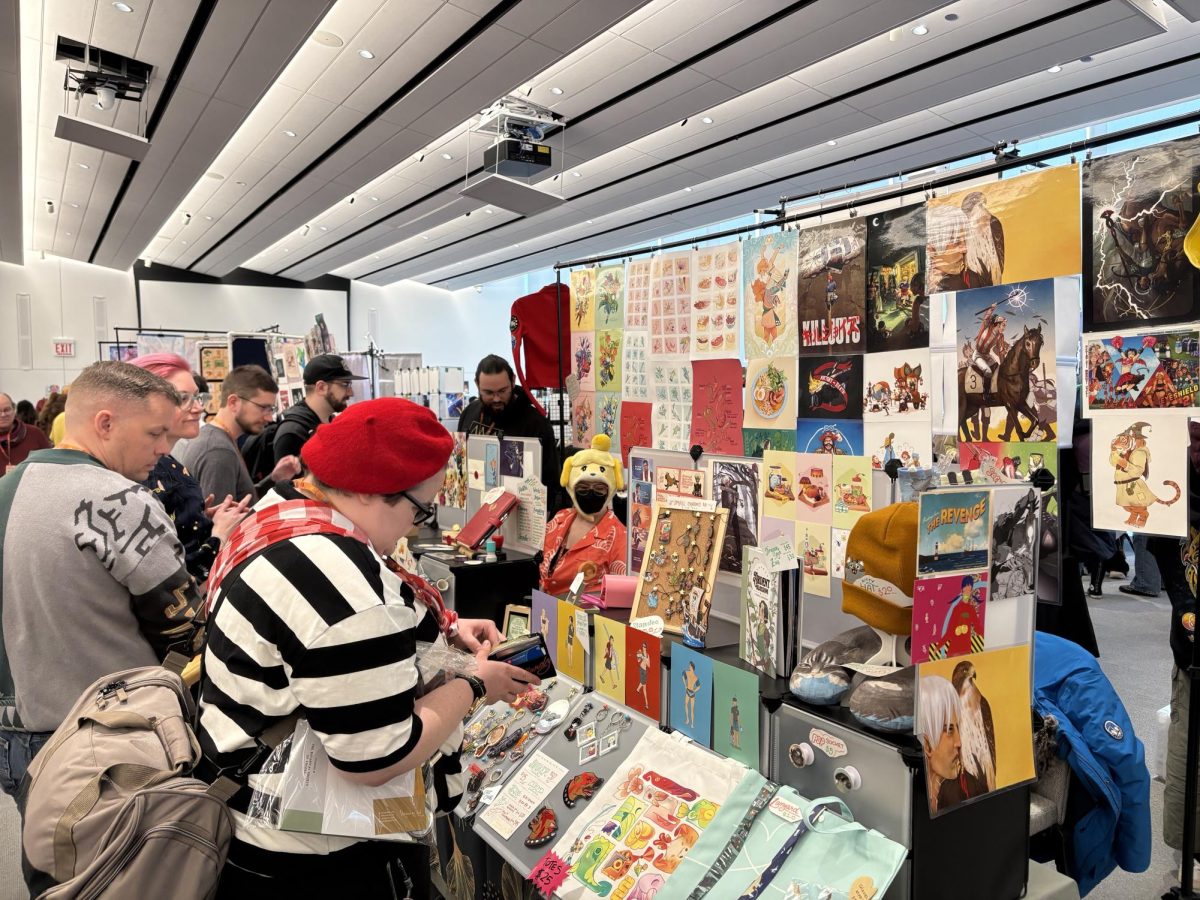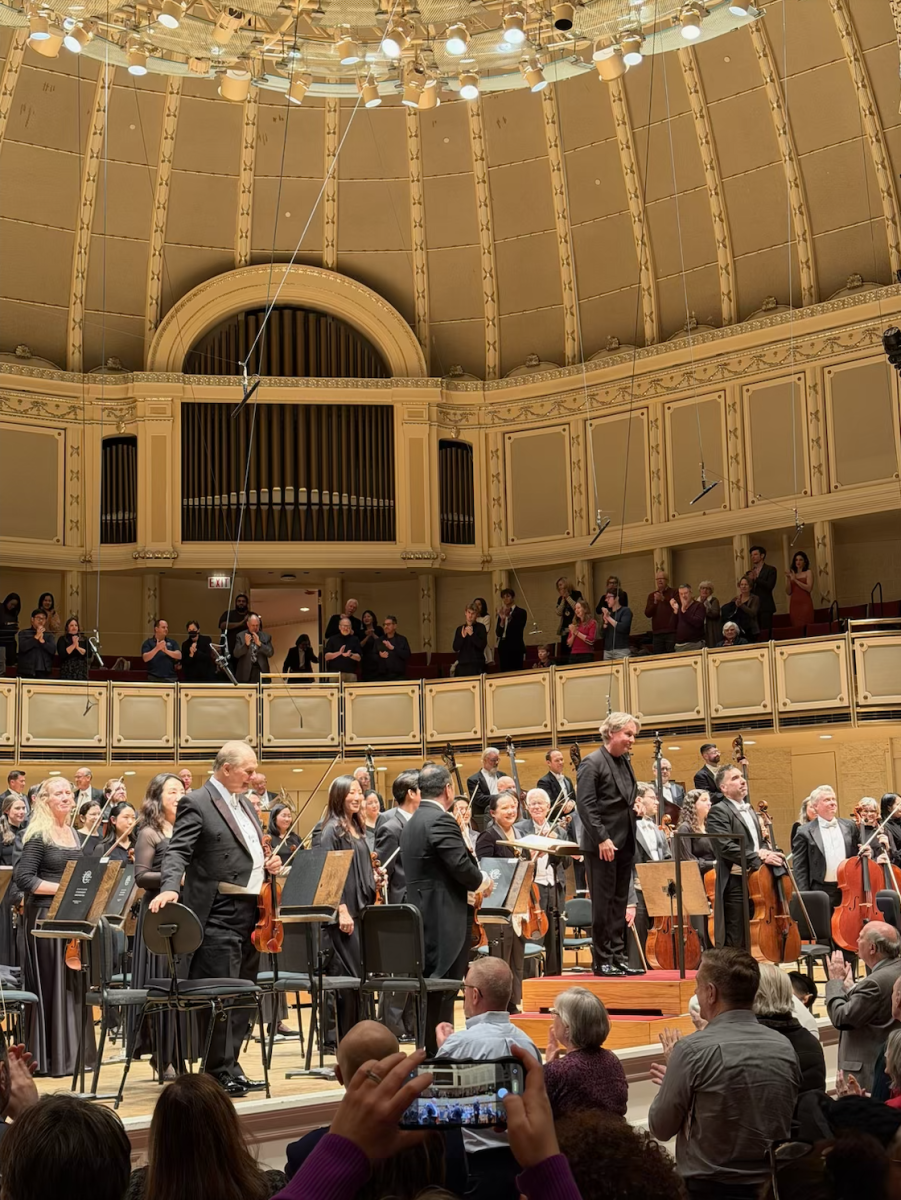The week before the summer heat wave broke and released Chicago from temperatures above 100 degrees, Pitchfork Media, the definitive news source for all things indie, curated its second annual music festival in Union Park. Hipsters sidled onto the grassy field in inappropriately constrictive jeans and faux-vintage sundresses to hear an array of bands handpicked by—well, the same people who usually determine the music to which many of these fans listen.
The Pitchfork Festival was focused on emphatic appreciation for indie culture—mostly the music, but also a variety of semi-ironic sunglasses. The two-day festival was billed as a huge bargain—41 bands played, and the double day tickets sold for $30, about 73 cents per performance. The cheapness extended to the rest of the festival, with water selling for only $1, which in the heat was certainly welcome.
Festivities started on Saturday at 1 p.m. Hot Machines opened, forecasting at least the temperature for the weekend. Man Man looked a bit cooler in their standard white outfits and war paint, and sped through a crazy, glitter- and feather-scattered set showcasing their new songs and almost psychotic energy.
John Darnielle of the Mountain Goats connected with the crowd of jaded literature majors who warily gathered in front of the stage. After declaring himself pogo-dictator, Darnielle led the crowd in a bizarre sing-a-long to “No Children,” crooning, “Our friends say it’s darkest before the sunrise/ We’re pretty sure they’re all wrong/ I hope it stays dark forever/ I hope the worst isn’t over.” Destroyer followed in the same vein of liberal arts–referential music (there’s a popular Destroyer drinking game where a shot is taken each time Dan Bejar references an art movement). However, both bands managed to transcend their mellow depression and create energy across the whole field, not just for the diehard fans in front of the stage.
Art Brut is the indie equivalent of a stadium rock band: all meta-clichés and overblown performance. One concertgoer asked, “Does he know how much he’s a parody of himself?” before frontman Eddie Argos launched into a growling version of the song “Formed A Band.” The answer: Probably.
For Ted Leo and the Pharmacists, who followed, self-consciousness was more of a downfall. Ted Leo usually puts on an energetic and careful live show, but seemed vaguely disconnected from his music, remarking, “I feel like I should say something, but I’m not going to” not once, but twice in the course of his set.
The Walkmen seem to have become more morose and unpleasant on their newest record, and their set reflected this change, though they still inspired plenty of dancing. Unfortunately, the Silver Jews, Saturday’s headliners, failed to translate their country-tinged sound to the darkening, tired field.
Bands with matching outfits dominated the early part of Sunday’s line-up. Danielson, an eerie Christian-centric act who are known for sewing hearts on their well coordinated sleeves, managed to create a small crowd around the stage. Swedish singer-songwriter Jens Lekman was accompanied by a brass band of gorgeous blonde women, all clothed in white, as Lenkmen’s crowd waltzed across the grass.
Yet if one strayed too far from this set, the commotion coming from the packed DJ tent was intriguing. Performing in the tent was the back-to-back Brazilian electronic sucker punch. Bonde do Role was followed by Cansei de Ser Sexy, and both had legions of sweaty dancers swaying wildly and moshing to the catchy scream pop. Both bands shout lyrics that are slightly inane, but weirdly spot-on. The lead singer of Bonde do Role broke her arm while crowd surfing and had to be taken to the emergency room, but CSS followed with a fantastic set, full of ripped-out hair extensions, adorably broken speeches about alcohol, and even more crowd surfing.
Sunday afternoon felt adequate but strange, with a noisy set from Liars, who all looked uncomfortable. Aesop Rock and Mr. Lif played the crowd well, as did Mission of Burma, whose combination of new songs and older classics had hundreds of fans pumping their fists simultaneously. Freak-folker Devendra Banhart seemed bored with himself, which was sort of OK for most of the audience, who seemed to need a break and a jaunt through the gigantic rock poster fair.
Yo La Tengo put on a fairly inaccessible set, floating away on a cloud of hipster cred from the more catchy material on their albums. However, the critics’ favorites intentionally took their time when shooed away from the front of the stage, and the tearful WHPK DJ standing next to me proved the band remains popular with many music fans.
Closing out the festival were three excellent performances. Spoon sounded almost exactly like they do on albums, tight and swift. In the DJ tent, Diplo made hundreds of sweaty and tired fans dance as though they were neither. The fans emerged, dripping in other people’s sweat, to the classic, cooling sounds of Os Mutantes, reunited Brazilian giants. Colorful lights flooded the stage as the band played a lovely, exuberant set. And the dancing continued, even as the attendees filtered out of Union Park—tired, hot, but probably fairly fulfilled. Pitchfork was well organized and truly appealing to almost everyone who attended. Being in a group that seems to be genuinely enjoying themselves and respecting one another is a rare experience, and in this case a satisfying one.



